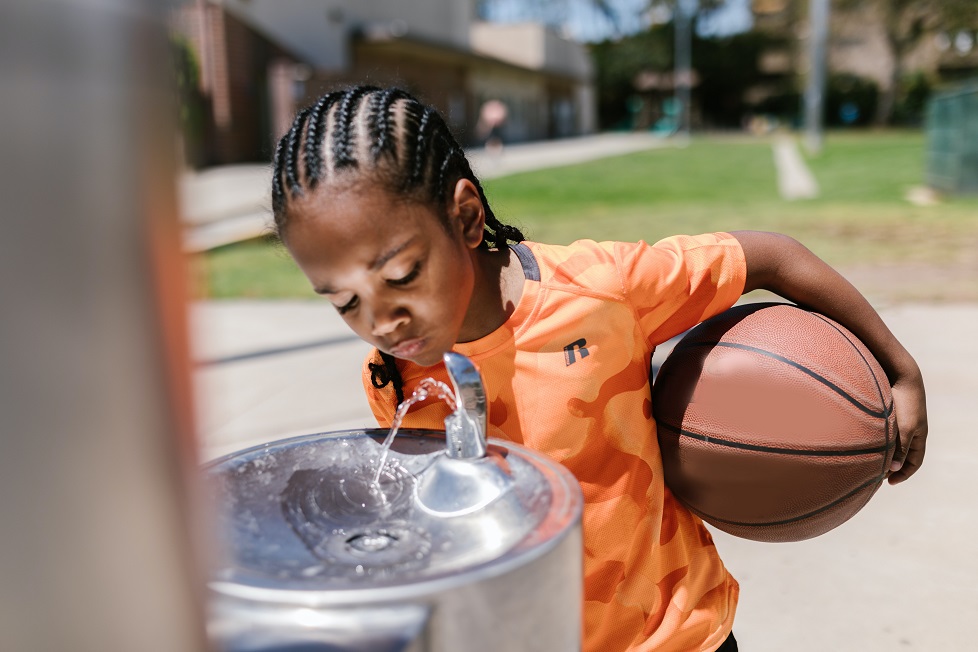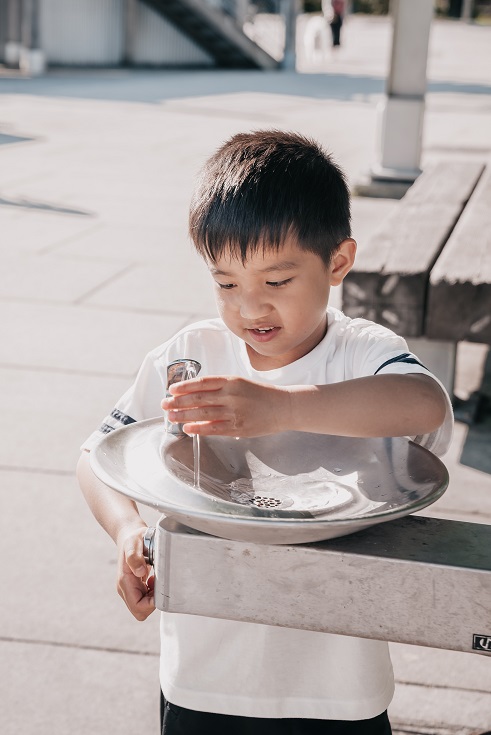Company is accused of allowing bacteria-ridden water to get into a pediatric hospital’s supply.
In a federal court case, a former owner and CEO of a South Florida drug manufacturing company, Raidel Figueroa, pleaded guilty to submitting false statements to the U.S. Food and Drug Administration (FDA) and allowing medication contaminated with bacteria to go to pediatric hospitals. The bacteria are generally found in soil and water and can cause respiratory infections in people with weak immune systems and chronic lung diseases. His actions caused children and adolescents to unwittingly be exposed to toxic substances, including those who have already compromised immunity.
The Fort Lauderdale federal court sentenced Figueroa to three years and one month behind bars after he pleaded guilty to charges over the summer that included conspiracy to defraud the FDA, falsifying records in an FDA investigation, obstructing proceedings before the FDA, and distributing adulterated drugs. The former CEO’s sentencing was carried out earlier this month.

According to court records, Figueroa was previously a co-owner of PharmaTech LLC, which manufactured and distributed Diocto Liquid in the year-long span from 2016 to 2017. The company, which has been since permanently closed, indicates it “is a science driven organization focused in developing Rx & OTC products in the forms of liquids, solids, and topicals for either sample distribution or commercialization.” The site further states that the company, “aim(s) to succeed in every aspect of R&D, while complying with FDA requirements.” This, of course, turned out not to be the case. It is not compliant with federal requirements, and instead, attempted to bypass these requirements to continue manufacturing a hazardous product.
In July 2016, as part of an investigation into an outbreak of infections caused by the bacteria, the FDA inspected PharmaTech’s operations. The following month, the agency notified Figueroa that a contaminated water sample from the company’s H2O system tested positive for bacteria. Figueroa assured investigators that Pharmatech would re-engineer its purified water system to prevent pollution in the future. However, in actuality, the company carried out business as usual.
Court records state that Figueroa “knowingly excluded Diocto Liquid from its products distribution list, despite shipping over 7,000 units of the drug earlier that month.” Furthermore, “he made false statements, telling the FDA that Pharmatech’s new water system had met acceptance criteria, which was not true.” This means that the former co-owner told federal agents that the company’s contaminated water supply was back up and running absent of the bacteria when the bacteria was still present.
The Food and Drug Administration was later notified by the Centers for Disease Control and Prevention (CDC) in July 2017 that Stanford Packard Children’s Hospital in Palo Alto, California, and Johns Hopkins Children’s Center in Baltimore, Maryland, had both been infected with the bacteria that Pharmatech said it would eliminate. Bottles of Diocto Liquid collected from the hospitals contained unacceptable amounts of the contaminant, as well as yeast and mold, according to officials who looked into the matter.


Join the conversation!